Optimal Timing for Roofing Services
Understanding the optimal timing for roofing services can help ensure quality work and longevity of the roof. Seasonality, weather conditions, and local climate patterns influence the best period for roofing projects. Proper scheduling can minimize delays and reduce the risk of weather-related issues.
Spring offers moderate temperatures and longer daylight hours, making it suitable for roofing projects. It allows for thorough inspections and repairs before summer.
Summers are warm and dry, ideal for roofing work. However, high temperatures can pose challenges for roofing materials and workers.
Fall provides cooler weather and less rain, making it a popular season for roofing. It ensures completion before winter.
Winter is generally less suitable due to cold temperatures and snow. However, in milder climates, some roofing can be performed with proper precautions.
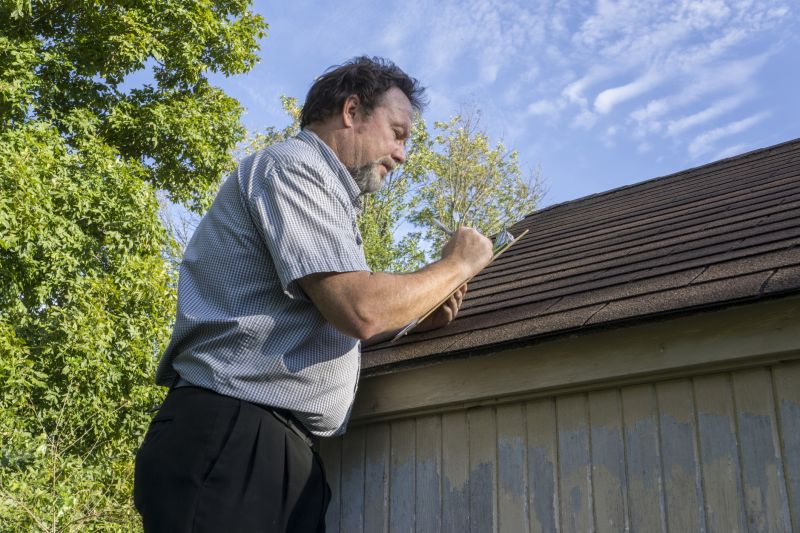
Spring is an ideal time for thorough roof inspections and repairs.

Warm weather allows for efficient installation and repairs.

Fall is suitable for completing roofing projects before winter.
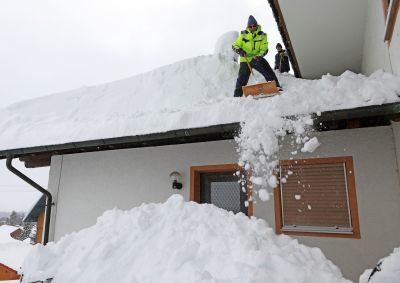
Cold and snow can hinder roofing work, but some projects are still possible.
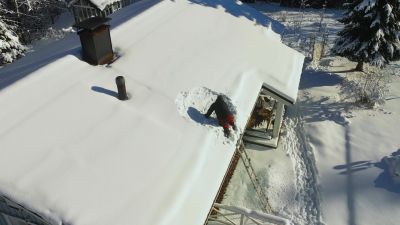
In regions with mild winters, roofing can be scheduled year-round.

Monitoring weather forecasts helps plan roofing projects effectively.
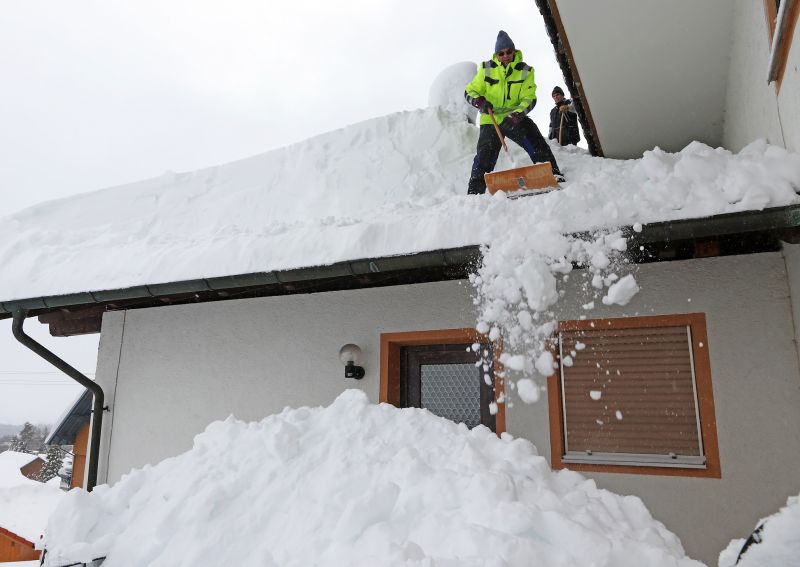
Clear, dry days with moderate temperatures are best for roofing.
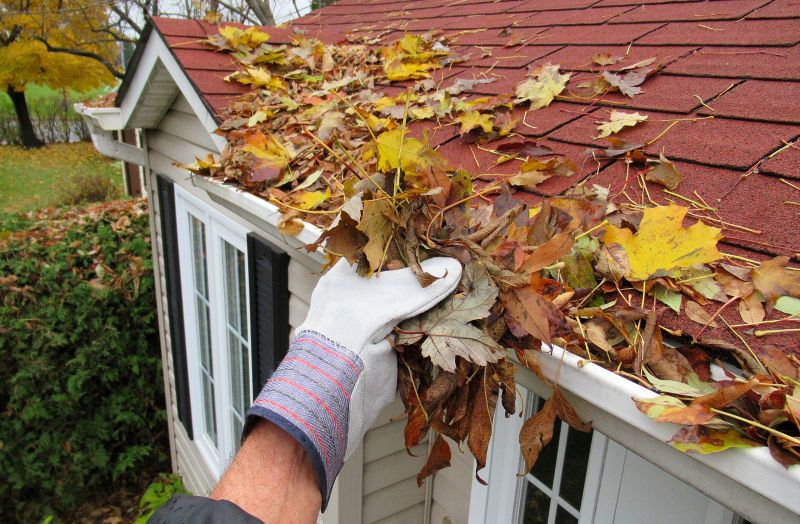
Book roofing services during the shoulder seasons for best results.

Align roofing projects with favorable weather windows to ensure quality and safety.
| Season | Ideal Roofing Conditions |
|---|---|
| Spring | Moderate temperatures, longer days, minimal rain |
| Summer | Warm, dry weather, longer daylight hours |
| Fall | Cooler temperatures, less rain, before winter |
| Winter | Cold, snow, limited suitable days in colder climates |
Roofing services encompass a range of activities including inspections, repairs, and replacements. Proper timing ensures that work is completed under optimal conditions, reducing delays and potential issues. Seasonal considerations are critical for maintaining the integrity of roofing materials and achieving long-lasting results. Weather influences not only the scheduling but also the quality of workmanship and safety of roofing crews.

Roof repairs are most effective during dry, moderate weather conditions.

Regular inspections help identify issues early, ideally scheduled in spring or fall.
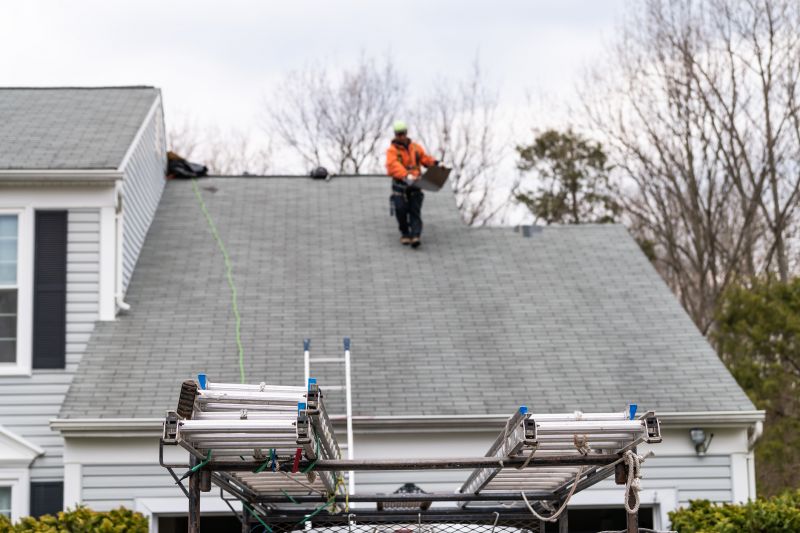
Complete roof replacements are best done during favorable seasons to ensure durability.
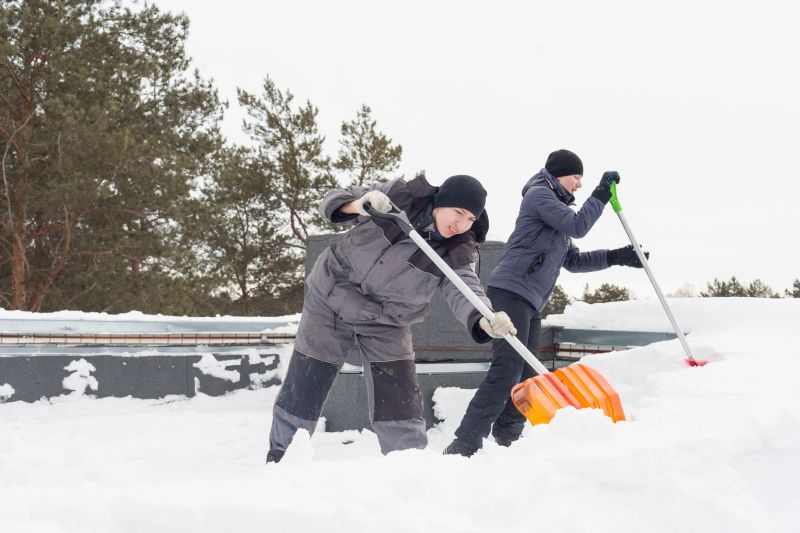
Choosing appropriate materials can extend roofing work into milder winter periods.
Scheduling roofing services during the most suitable seasons can lead to better results and longer-lasting roofs. It is recommended to plan projects during periods of stable weather, avoiding extreme cold, heat, or precipitation. Proper timing also helps in coordinating with roofing professionals and ensuring timely completion of work.
For those interested in scheduling roofing services, filling out the contact form provides a convenient way to initiate the process. Timely planning ensures the work is performed under optimal conditions, contributing to the durability and performance of the roof.



